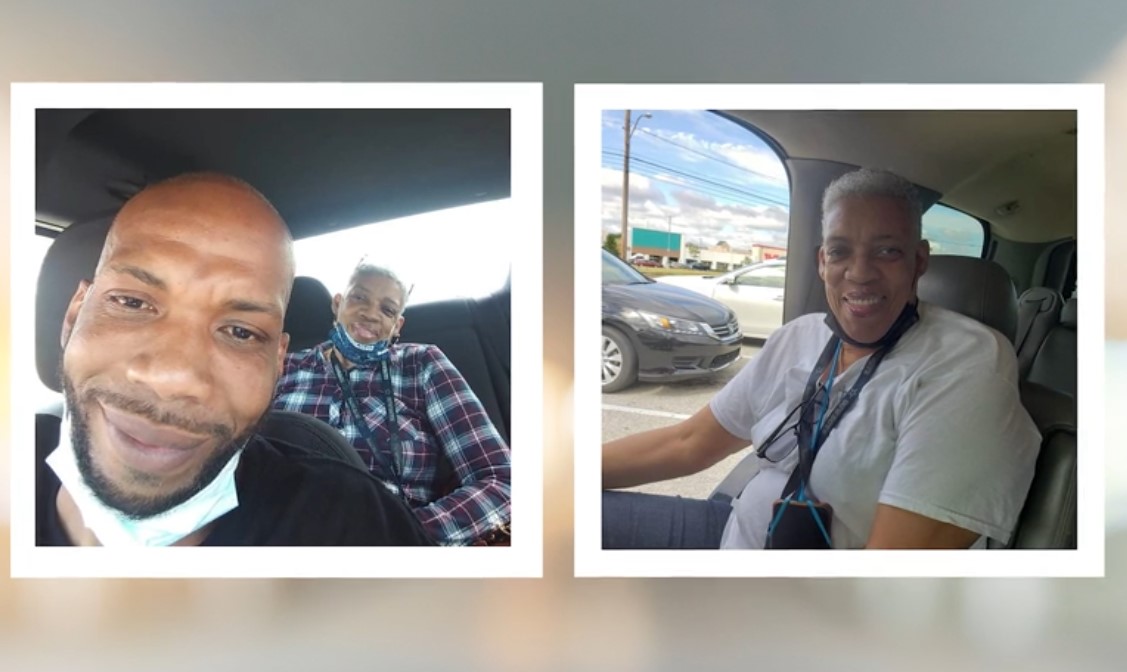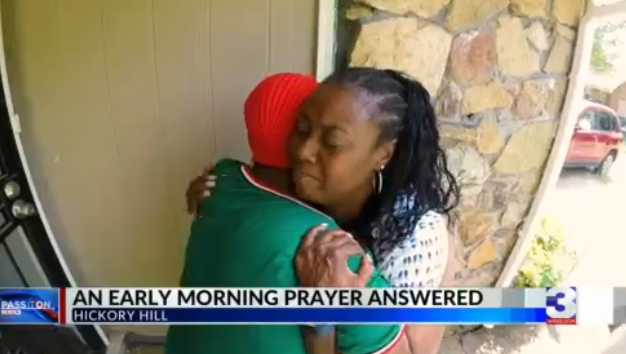NEW YORK — CNN is hosting the second set of Democratic presidential debates Tuesday and Wednesday, taking place in Detroit.
20 Democrats will take the stage over two nights. The first night will, for the first time, offer a match-up between Massachusetts Sen. Elizabeth Warren and Vermont Sen. Bernie Sanders, the two top progressives in the Democratic primary. The second night will offer a rematch of former Vice President Joe Biden and California Sen. Kamala Harris, whose clash over race became the most closely watched moment of the first round of debates.
For a large part of the Democratic field outside of the top-tier candidates, the pair of debates will be one of the last chances to make an impression on a national audience. The Democratic National Committee raised the threshold to qualify for the fall debates, meaning many of the candidates run the risk of not making the stage in September and October.
When are the debates?
CNN’s Democratic presidential primary debates will be held on Tuesday, July 30, and Wednesday, July 31, starting at 8 p.m. ET and ending around 10:30 p.m. ET.
How can I watch them?
CNN’s Democratic presidential debates will air exclusively on CNN and will stream live in their entirety, without requiring log-in to a cable provider, exclusively to CNN.com’s homepage, across mobile devices via CNN’s apps for iOS and Android, and via CNNgo apps for Apple TV, Roku, Amazon Fire, Chromecast and Android TV.
The full debate nights will be available exclusively the day following the airing on demand via cable/satellite systems, on CNNgo (at CNN.com/go on your desktop, smartphone, and tablets, and via CNNgo OTT apps), and CNN mobile apps on iOS and Android.
CNN’s live story will capture key moments from each debate, serving as the home for coverage, expert analysis and fact-checking in real-time.
Additionally, customized coverage will roll out across all of CNN’s platforms. This will include stories on CNN’s flagship Instagram, featuring CNN’s political reporters during and following the debates with important takeaways, fact-checking the candidates, and sizing up their place in the polls.
Who is debating?
Tuesday, July 30:
- Montana Gov. Steve Bullock
- South Bend, Indiana, Mayor Pete Buttigieg
- Former Maryland Rep. John Delaney
- Former Colorado Gov. John Hickenlooper
- Minnesota Sen. Amy Klobuchar
- Former Texas Rep. Beto O’Rourke
- Ohio Rep. Tim Ryan
- Vermont Sen. Bernie Sanders
- Massachusetts Sen. Elizabeth Warren
- Author Marianne Williamson
Wednesday, July 31:
- Colorado Sen. Michael Bennet
- Former Vice President Joe Biden
- New Jersey Sen. Cory Booker
- Former Housing and Urban Development Secretary Julian Castro
- New York Mayor Bill de Blasio
- Hawaii Rep. Tulsi Gabbard
- New York Sen. Kirsten Gillibrand
- California Sen. Kamala Harris
- Washington Gov. Jay Inslee
- Businessman Andrew Yang
Who didn’t make the cut?
Massachusetts Rep. Seth Moulton and Miramar, Florida, Mayor Wayne Messam, two candidates who did not make the first debate stage, will also miss the second debate after failing to qualify.
Billionaire investor Tom Steyer and former Pennsylvania Rep. Joe Sestak, two candidates who recently got into the presidential contest, also failed to qualify for the second round of debates.
How were the debate stages decided?
To qualify for the debates, Candidates had to either achieve at least 1% support in three polls from an approved list of pollsters or receive campaign contributions from 65,000 unique donors, including 200 donors each from 20 different states.
The lineups for each night were announced on air during a live, random draw for transparency around the event. There were three distinct draws based on polling: One to divide the bottom 10 candidates, one to divide the middle six candidates and one to divide the top four candidates.
What are the rules for the debates?
Candidates will be given 60 seconds to respond to a moderator-directed question, and 30 seconds for responses and rebuttals.
Colored lights will be used to help the candidates manage their remaining response times: 15 seconds = yellow; 5 seconds = flashing red; no time remaining = solid red.
A candidate attacked by name by another candidate will be given 30 seconds to respond.
There will be no show of hands or one-word, down-the-line questions.
A candidate who consistently interrupts will have his or her time reduced.
Questions posed by the moderators will appear on the bottom of the screen for television viewers.


























